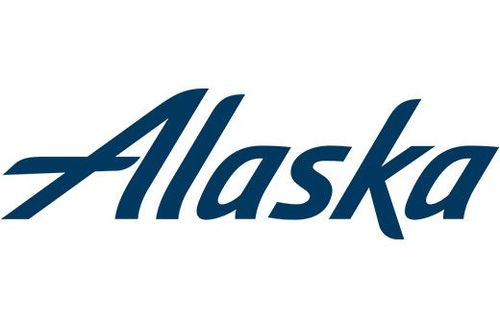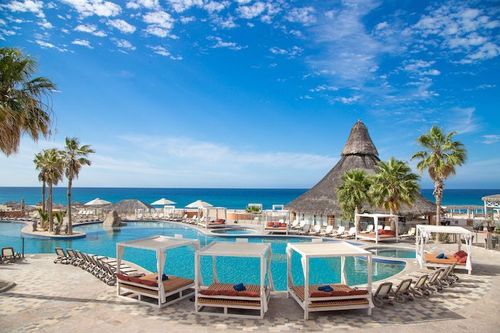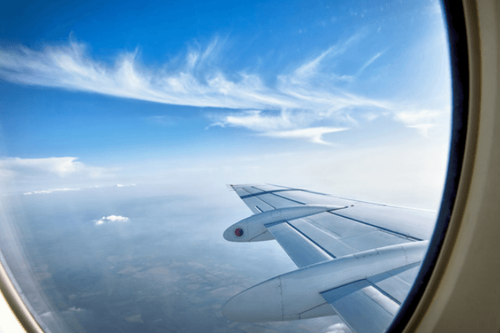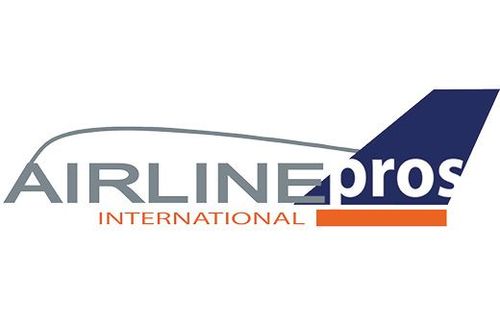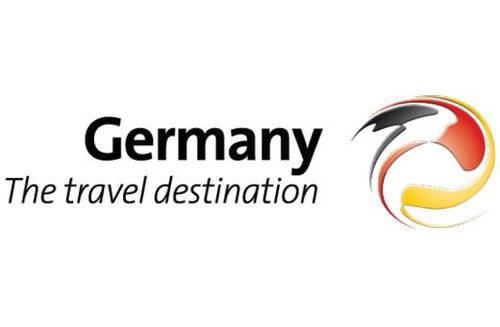Where travel agents earn, learn and save!
News / Boeing and Alaska Airlines partner to make flying safer and more sustainable
ecoDemonstrator 737-9 will test advanced technologies to cut emissions, reduce noise and recycle carbon composites
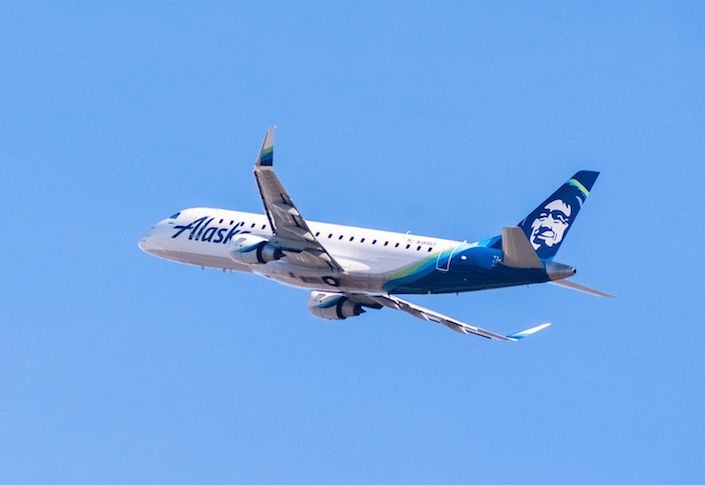
June 4 - Boeing and Alaska Airlines announced they are partnering on the latest Boeing ecoDemonstrator program and will flight test about 20 technologies on a new 737-9 to enhance the safety and sustainability of air travel.
In flights beginning this summer, Boeing and Alaska will test a new halon-free fire-extinguishing agent that significantly reduces effects on the ozone layer, evaluate an engine nacelle designed to reduce noise and assess cabin sidewalls made from recycled material, among other projects.
Since 2012, the ecoDemonstrator program has accelerated innovation by taking nearly 200 promising technologies out of the lab and testing them in the air to address challenges for the aviation industry and improve the passenger experience.
In five months of ecoDemonstrator flight tests, Boeing and Alaska will work with nine other partners to test new technologies. After tests are complete, the airplane will be configured for passenger service and delivered to Alaska.
The program’s technologies include:
• Testing a new fire extinguishing agent for aircraft that significantly reduces effects on the ozone layer. This material is intended to replace Halon 1301, which is no longer being produced • Collaborating with the U.S. National Oceanic and Atmospheric Administration to measure greenhouse-gas levels in the atmosphere to support the agency’s climate modeling and long-term forecasting • Evaluating acoustic lining concepts within the engine nacelle that may reduce noise on current engines and will inform designs for next-generation models • Recycling carbon composite material from Boeing 777X wing production into a cabin sidewall panel. This durable, light material would reduce fuel use and carbon emissions, and supports Boeing’s goals for sustainable manufacturing
Boeing’s current and future airplanes leverage a number of technologies evaluated in previous ecoDemonstrator testing, including:
• Advanced Technology winglets on the 737 MAX family that reduce fuel use and emissions • iPad apps that provide real-time weather and other data to pilots, improving fuel efficiency and reducing CO2 emissions. These apps complement digital analytics services Boeing offers to help airlines optimize fleet utilization • A camera system on the new 777X that will enhance safety by helping pilots avoid obstacles on the ground
ecoDemonstrator test flights are flown on a blend of petroleum-based and sustainable aviation fuel. SAF is in regular use today, reduces life-cycle CO2 emissions by up to 80%, and offers the most immediate and greatest potential to reduce emissions over the next 20 to 30 years in all commercial aviation markets.
In January this year, Boeing committed to make sure its commercial airplanes are capable and certified to fly on 100% SAF by 2030. The company also plans to work with regulatory authorities and across the industry to raise the current 50% blending limit for expanded use of SAF. Boeing’s 2018 ecoDemonstrator 777 Freighter made history as the world’s first commercial airliner to fly on 100% sustainable fuel.
Learn more at boeing.com/ecodemonstrator.
More Travel News:
UK drops Portugal from safe travel list in major blow to airlines
Greece, Germany kick off EU vaccination travel certificates
Saint Lucia announces more freedoms for vaccinated guests & new Roadshow dates
WTTC welcomes OECD’s new initiative for safe international travel



